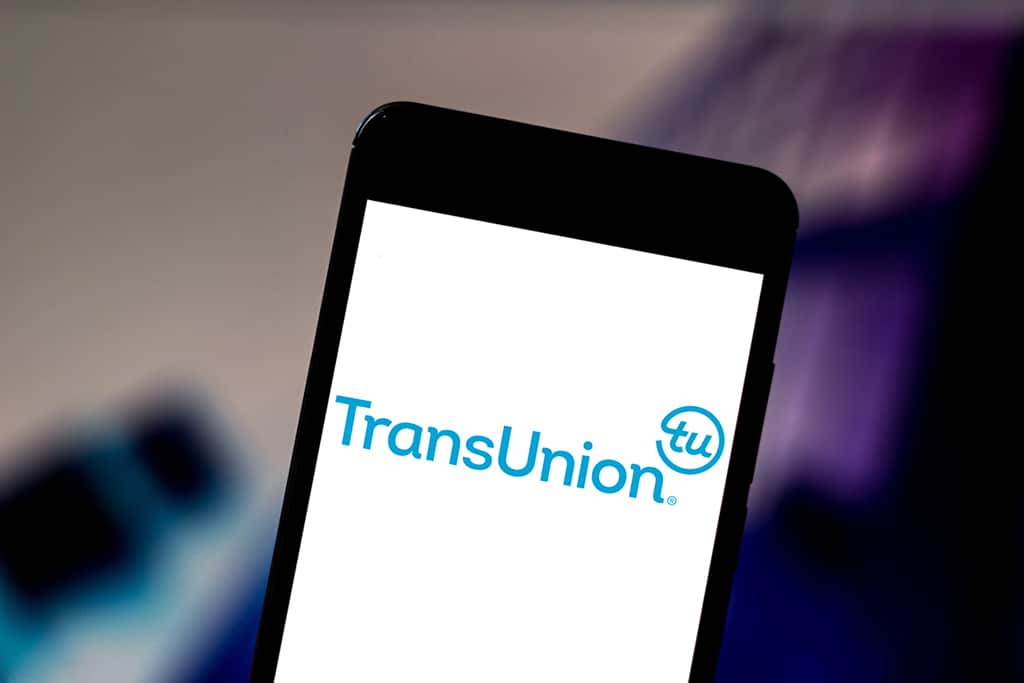
An experienced writer with practical experience in the fintech industry. When not writing, he spends his time reading, researching or teaching.
The President of US markets at TransUnion Steve Chaouki noted that the introduction of credit scores will drive greater participation in crypto lending.

Credit reporting firm TransUnion is partnering with Spring Labs to introduce credit scores to lending in the crypto industry. The Wall Street Journal reported this on Wednesday.
Using Spring labs’ ky0x Digital passport, consumers will be able to give intending crypto lenders access to their credit data. Upon providing this information, users will be able to obtain crypto loans with lower interest rates.
Currently, crypto investors have to stake their assets as collateral when borrowing money. This is not unexpected since there is no way to assess the client’s creditworthiness. However, by sharing the credit report on the blockchain, companies will know how much the individual can be trusted to pay back. Where the creditworthiness is satisfactory, users can even get loans without any collateral.
The President of US markets at TransUnion Steve Chaouki noted that the introduction of credit scores will drive greater participation in crypto lending. Both companies are working to complete the credit scoring system on the Digital Passport before the end of 2022.
Similarly, Spring Labs CEO John Sun said, “We’re providing the first building block to bringing reputation on-chain, in turn helping create a more efficient DeFi lending environment.” Sun believes the partnership will guarantee better loans, more liquidity, and increase mainstream adoption of crypto lending.
Despite the boom, there are conflicting responses of banks and financial institutions as to whether or not it is safe to offer cryptocurrency services.
Bank of New York Mellon Corp and Fidelity Investments have announced their intention to offer crypto services to institutional clients like asset managers and hedge funds. Similarly, Banco Bilbao Vizcaya Argentaria SA and the Commonwealth Bank of Australia have initiated talks on possible ways for its customers to invest and store their digital assets securely. Unlike these large institutions, traditional banks have not been as bold in their moves. Many cite unclear regulations as the reason.
Last year, The Basel Committee on Banking Supervision, charged with setting global standards for banking regulation, attached huge capital requirements for banks. To protect investors, the proposal suggests that institutions must match every dollar worth of bitcoin or cryptocurrency invested in with a dollar. This will contribute to a liquidity reserve. In the event of loss due to volatility, the funds will cover the losses.
Disclaimer: Coinspeaker is committed to providing unbiased and transparent reporting. This article aims to deliver accurate and timely information but should not be taken as financial or investment advice. Since market conditions can change rapidly, we encourage you to verify information on your own and consult with a professional before making any decisions based on this content.

An experienced writer with practical experience in the fintech industry. When not writing, he spends his time reading, researching or teaching.